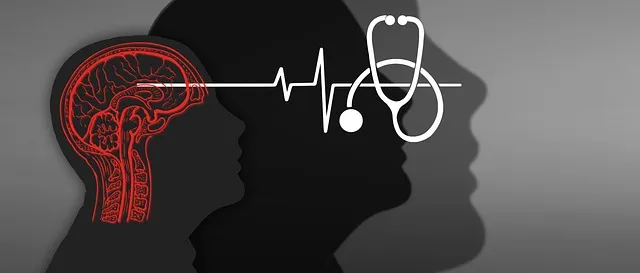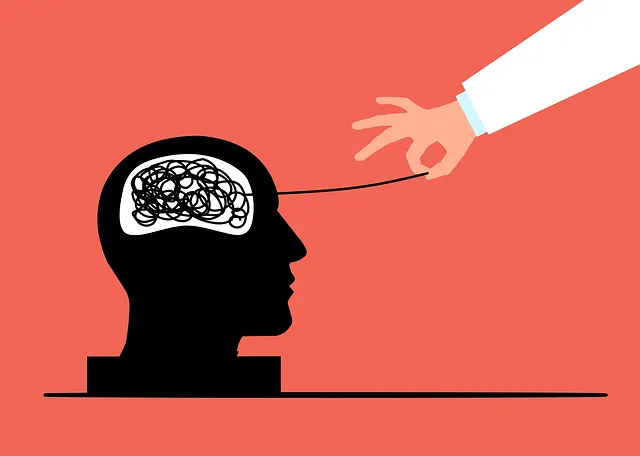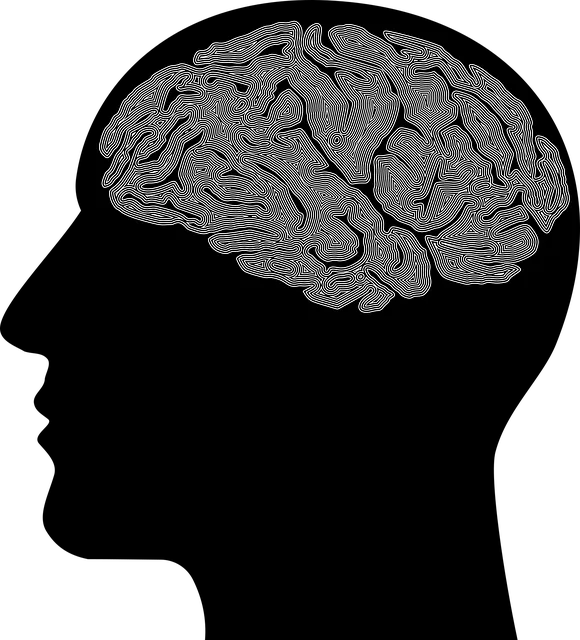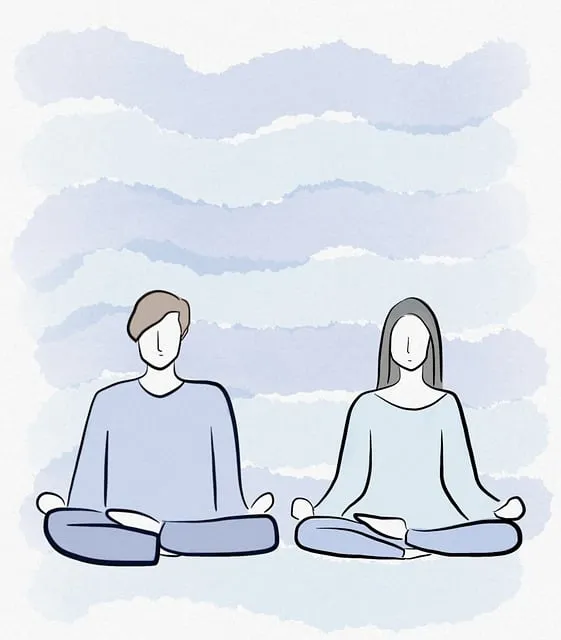Boulder Kaiser Permanente behavioral health services leverages skilled group facilitation to create safe, supportive environments for improved mental wellness. Facilitators navigate emotional discussions, encourage active participation, and promote open communication, advocating for evidence-based practices and addressing systemic barriers. Techniques like Community Outreach Program Implementation and Trauma Support Services help participants build resilience, form social connections, and develop self-care routines. Group settings foster peer support, emotional well-being, and collective healing, making mental wellness care more accessible and impactful at Boulder Kaiser Permanente.
In today’s digital era, mental wellness support groups facilitated by trained professionals play a pivotal role in enhancing individual healing and recovery. This article delves into the art of group facilitation at Boulder Kaiser Permanente Behavioral Health Services. We explore the definition and benefits of group settings for mental wellness. Key techniques used by facilitators are outlined, including active listening, mindfulness exercises, and diverse engagement strategies. Additionally, we discuss group dynamics, community building, and follow-up care strategies to ensure long-term positive outcomes for members.
- Understanding Mental Wellness Group Facilitation
- – Define group facilitation and its role in mental wellness services
- – Highlight the benefits of group settings for individual healing and support
Understanding Mental Wellness Group Facilitation

Mental wellness group facilitation is a specialized skill set that empowers professionals to create supportive environments fostering meaningful connections and positive thinking among participants. At Boulder Kaiser Permanente behavioral health services, facilitators play a crucial role in navigating complex emotions and experiences within group settings. They guide discussions, encourage active participation, and promote open communication, ensuring every voice is heard.
Effective facilitation techniques go beyond simply moderating conversations. It involves a deep understanding of mental health policy analysis and advocacy, allowing facilitators to address systemic barriers and advocate for evidence-based practices that enhance mental health awareness and support sustainable recovery. Through these strategies, groups become powerful sanctuaries where individuals can find solace, build resilience, and embark on transformative journeys towards improved mental wellness.
– Define group facilitation and its role in mental wellness services

Group facilitation plays a pivotal role in enhancing mental wellness services, particularly within healthcare settings like Boulder Kaiser Permanente behavioral health services. It involves skillfully guiding a group of individuals through shared experiences and discussions aimed at fostering understanding, growth, and support. In the context of mental wellness, facilitators create a safe space where participants can openly share their challenges, gain insights from peers, and develop coping strategies collectively.
Effective group facilitation techniques, such as those employed in the Community Outreach Program Implementation or Trauma Support Services, enable individuals to navigate complex emotions, build resilience, and foster social connections. Crisis Intervention Guidance is another critical aspect, ensuring that facilitators are equipped to handle acute distress and offer immediate support. By promoting active participation and empathy, these methods cater to diverse needs, making mental wellness care more accessible and impactful for all.
– Highlight the benefits of group settings for individual healing and support

Group settings offer a powerful environment for individual healing and support, which is why Boulder Kaiser Permanente behavioral health services often emphasize this approach. In a group setting, individuals can benefit from the collective energy and diverse perspectives of their peers, fostering a sense of belonging and community. This shared space allows members to connect with others who may have experienced similar challenges, creating a supportive network that enhances emotional well-being promotion techniques.
Through open discussions and collaborative activities, participants can learn from one another, gain new insights, and develop effective coping strategies. The group dynamic encourages the exchange of ideas, experiences, and resources, fostering a sense of collective resilience. This supportive environment not only accelerates the healing process but also empowers individuals to take charge of their mental health, incorporating self-care routine development for better mental health into their daily lives.
Mental wellness group facilitation plays a pivotal role in supportive care, especially within institutions like Boulder Kaiser Permanente behavioral health services. By fostering collaborative environments, these techniques empower individuals to navigate their mental health journeys together, amplifying the benefits of shared experiences and peer support. This approach not only enhances healing but also cultivates a sense of community, demonstrating the power of group settings in comprehensive mental wellness care.






